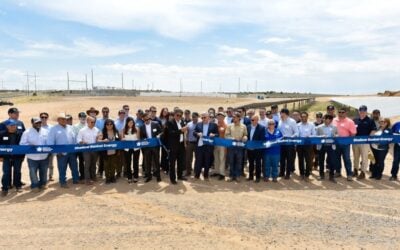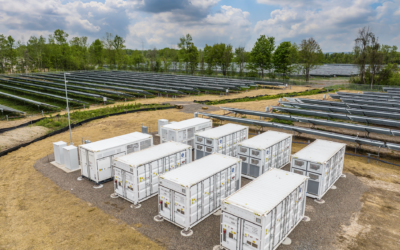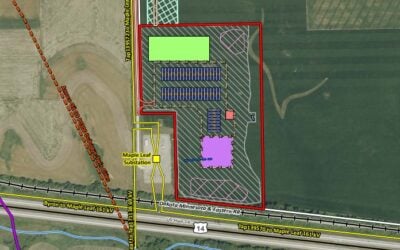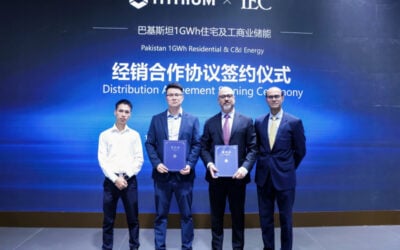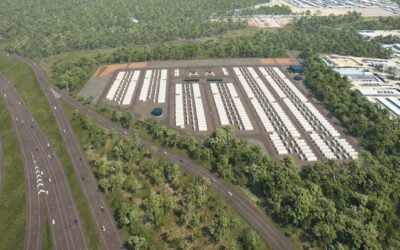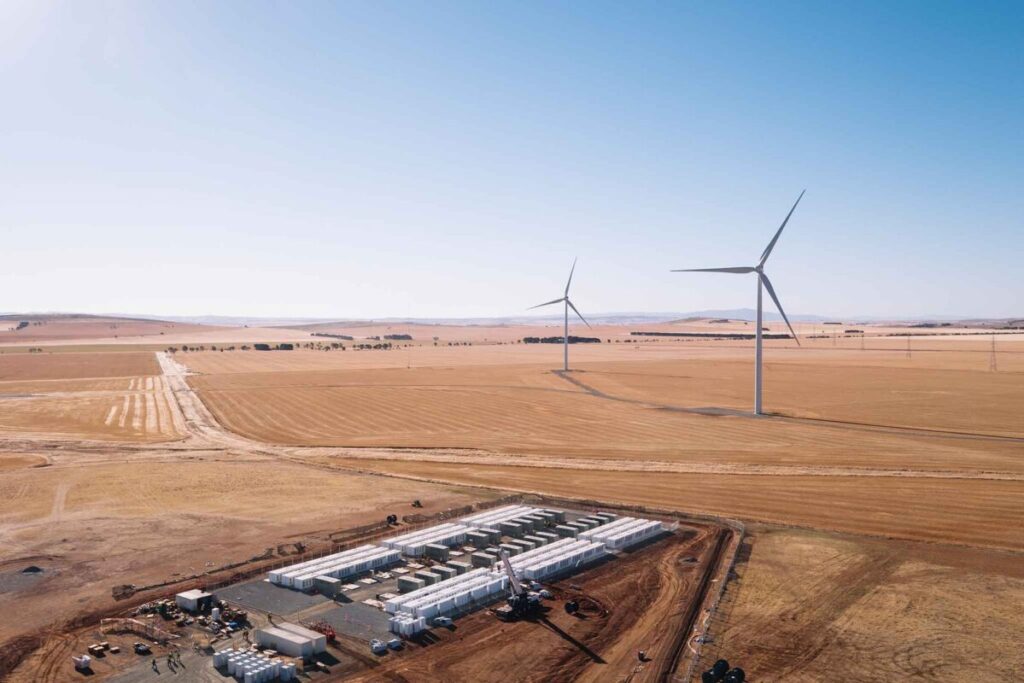
The Australian government has officially launched its highly anticipated AU$500 million (US$323 million) Battery Breakthrough Initiative (BBI), aiming to help the nation become a major player in the global battery manufacturing sector.
The programme, which is now accepting applications through the Australian Renewable Energy Agency (ARENA), represents one of the most substantial federal investments in battery manufacturing capability to date.
Announced in the May 2024 Federal Budget and developed via industry consultation, the initiative offers Australian businesses access to capital grants and production incentives designed to address critical gaps in domestic manufacturing capability and scale.
ARENA will manage the programme closely with the Department of Industry, Science and Resources, ensuring alignment with broader industrial policy objectives.
Enjoy 12 months of exclusive analysis
- Regular insight and analysis of the industry’s biggest developments
- In-depth interviews with the industry’s leading figures
- Annual digital subscription to the PV Tech Power journal
- Discounts on Solar Media’s portfolio of events, in-person and virtual
The BBI stands as one of the critical pillars of the Albanese government’s National Battery Strategy and the wider Future Made in Australia agenda, an AU$22.7 billion programme to invest in reindustrialising Australia with a focus on clean energy tech, including batteries, solar PV, electric vehicles (EVs), and hydrogen.
“Batteries are a critical component of the global move to reduce carbon emissions, and there is a huge opportunity for Australia to be part of this global demand,” said the federal minister for industry and innovation, Tim Ayers, during Tuesday’s programme launch.
“Australia’s got the raw materials, a strong research sector and a range of companies deeply engaged on the role of batteries in the clean energy transition, and that’s why I’m so excited to back these home-grown ideas and businesses to deliver a Future Made in Australia.”
How will the BBI funding be accessible?
The initiative adopts a targeted approach to funding distribution, focusing on three strategic segments of the battery value chain where Australia possesses competitive advantages or critical capability gaps.
These are noted as battery materials manufacturing, battery cell production and battery pack assembly.
For materials manufacturing, the programme supports the processing and production of advanced battery materials utilising Australia’s abundant critical mineral resources, including lithium, nickel, cobalt, and graphite.
In the battery cell production segment, the initiative aims to enable the establishment and expansion of cell manufacturing facilities to transform Australia from a component exporter to a producer of high-value battery cells.
For battery pack assembly, the BBI facilitates the development of operations that can serve both domestic and export markets across stationary storage applications.
ARENA will provide funding through various mechanisms tailored to project needs.
This includes capital grants for infrastructure development, production incentives to support ongoing operations, and potentially other payment structures determined on a project-specific basis.
The programme guidelines establish a streamlined approval pathway for projects seeking AU$50 million or less, which can receive direct approval from the ARENA Board.
This mechanism aims to accelerate deployment for mid-sized manufacturing ventures while maintaining appropriate governance for larger investments.
Accoridng to the Australian government, this positions the BBI as essential for enabling domestic manufacturers to achieve the scale and technological sophistication necessary to compete effectively in high-value segments of the battery market.
It also noted that the programme aims to capitalise on Australia’s natural advantages by focusing on stationary energy storage applications and leveraging the country’s critical minerals and renewable energy resources.
Technical requirements and eligibility
ARENA has established clear technical thresholds for project eligibility for the BBI. Technologies must demonstrate a Technology Readiness Level (TRL) of 6 or higher, indicating that core technologies must have already been validated in relevant environments.
This requirement ensures that funding supports projects with realistic pathways to commercial deployment rather than early-stage research.
Projects will be assessed on multiple criteria, including their potential contribution to domestic manufacturing capability, innovation merit, commercial viability, and alignment with broader policy objectives around clean energy transition and industrial development.
The programme will remain open until the AU$500 million allocation is fully committed or until the government determines a closure date, creating an incentive for early application development while allowing sufficient time for complex manufacturing proposals to be prepared.
Our publisher, Solar Media, will host the Battery Asset Management Summit Australia 2025 on 26-27 August in Sydney. You can get 20% off your ticket using the code ESN20 at checkout.

